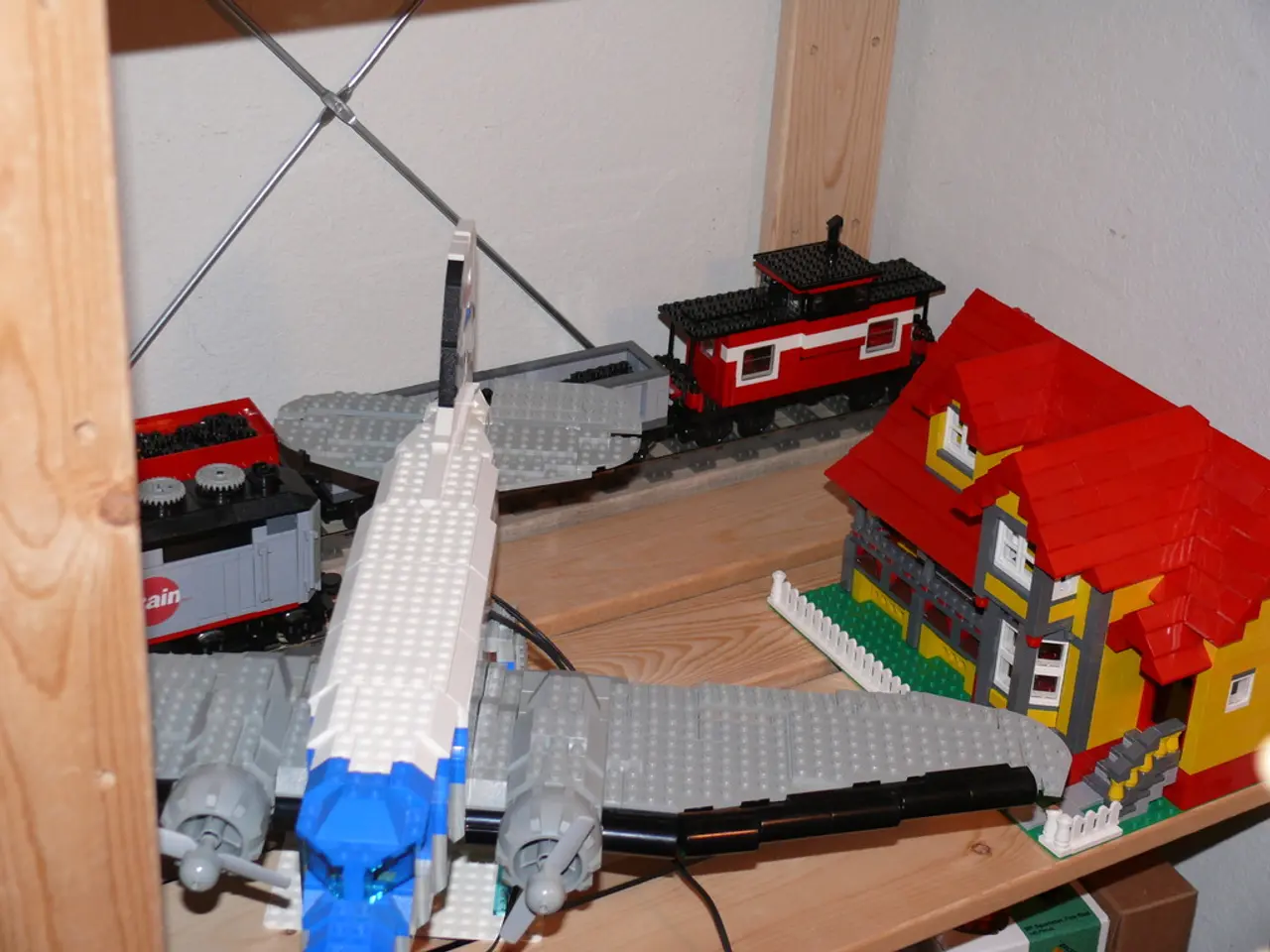The Timeless Durability of Legos Explained
In the realm of children's toys, Lego stands out as a tool that goes beyond simple entertainment. A cognitive psychologist at Johns Hopkins Center for Talented Youth, Amy Shelton, has conducted studies on the impact of playing with building blocks like Lego on young children, revealing its positive effects on spatial reasoning, problem-solving, creativity, and social skills.
Similarly, Dr. Dan Legoff, a clinical neuropsychologist in Philadelphia, has incorporated Lego-based therapy into his research for children on the autism spectrum. This therapy, specifically, shows promise in improving social interaction, inclusion, and collaborative skills.
A significant study involving over 500 children demonstrated that a six-week Lego-building program improved spatial thinking (mental rotation skills) and math performance, suggesting benefits for core cognitive abilities related to math and spatial visualization (StudyFinds, 2025).
For children with autism, LEGO Therapy leverages the predictable and repetitive nature of Lego sets, which many autistic children find appealing for independent play. The therapy creates opportunities for collaborative building, storytelling, and problem-solving that foster social skills and teamwork.
While the research is still growing, early findings indicate LEGO Therapy can enhance social inclusion and interpersonal skills among autistic children, although results vary depending on group dynamics and facilitation (I AM Autism, 2025).
Lego products like DUPLO sets also support both cognitive (IQ-related) and emotional-social (EQ-related) skill development from an early age by promoting logical thinking, patience, creativity, communication, and teamwork.
Lego's popularity is evident, with the company selling seven sets every second, and sales quadrupling at Christmastime. The toy's success lies in its hands-on, engaging, and structured play, which requires children to divide labor, communicate, set rules, make decisions, and interact with others.
Moreover, researchers have used Lego robots to help health professionals measure the cognitive ability of children with severe disabilities who cannot be measured through traditional testing. Lego's products form a single system of play, encompassing Lego Duplo, Lego Technic, and classic Lego.
In summary, Lego's impact on cognitive development is substantial, and its potential as a therapeutic tool, particularly for children on the autism spectrum, is promising. The structured, engaging, and collaborative nature of Lego play supports multiple areas of cognitive development and fosters social and collaborative skills.
References:
- [1] StudyFinds (2025). Improved spatial and math skills from Lego building. [Online]. Available: https://www.studyfinds.org/improved-spatial-math-skills-from-lego-building/
- [2] I AM Autism (2025). Social and collaborative benefits of LEGO Therapy for autism. [Online]. Available: https://www.iamautism.org/social-and-collaborative-benefits-of-lego-therapy-for-autism/
- [3] LEGO official (2025). Cognitive and emotional development via Lego DUPLO toys. [Online]. Available: https://www.lego.com/en-us/aboutus/news-room/cognitive-and-emotional-development-via-lego-duplo-toys
Building on the implications of Lego's impact, this home-and-garden essential can extend beyond the realm of play, reachingly affecting a child's lifestyle. The home-and-garden space, adorned with Lego creations, promotes a nurturing environment that fosters creativity and social skills, aligning with the advantages gained through Lego building. Conversely, one might argue that a Lego-filled home-and-garden could serve as a beneficial tool for parents seeking to encourage their children's cognitive development and social interactions.






